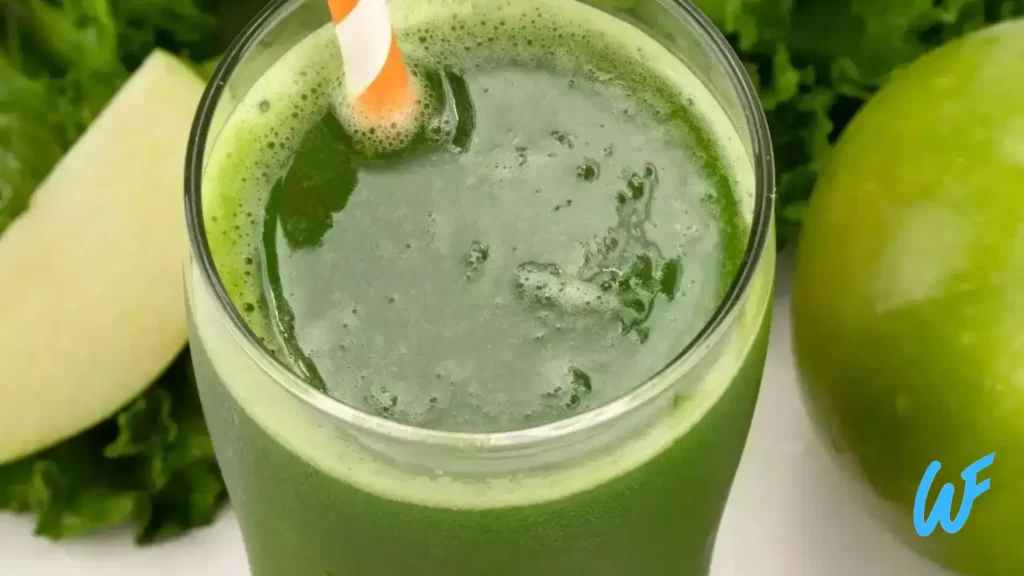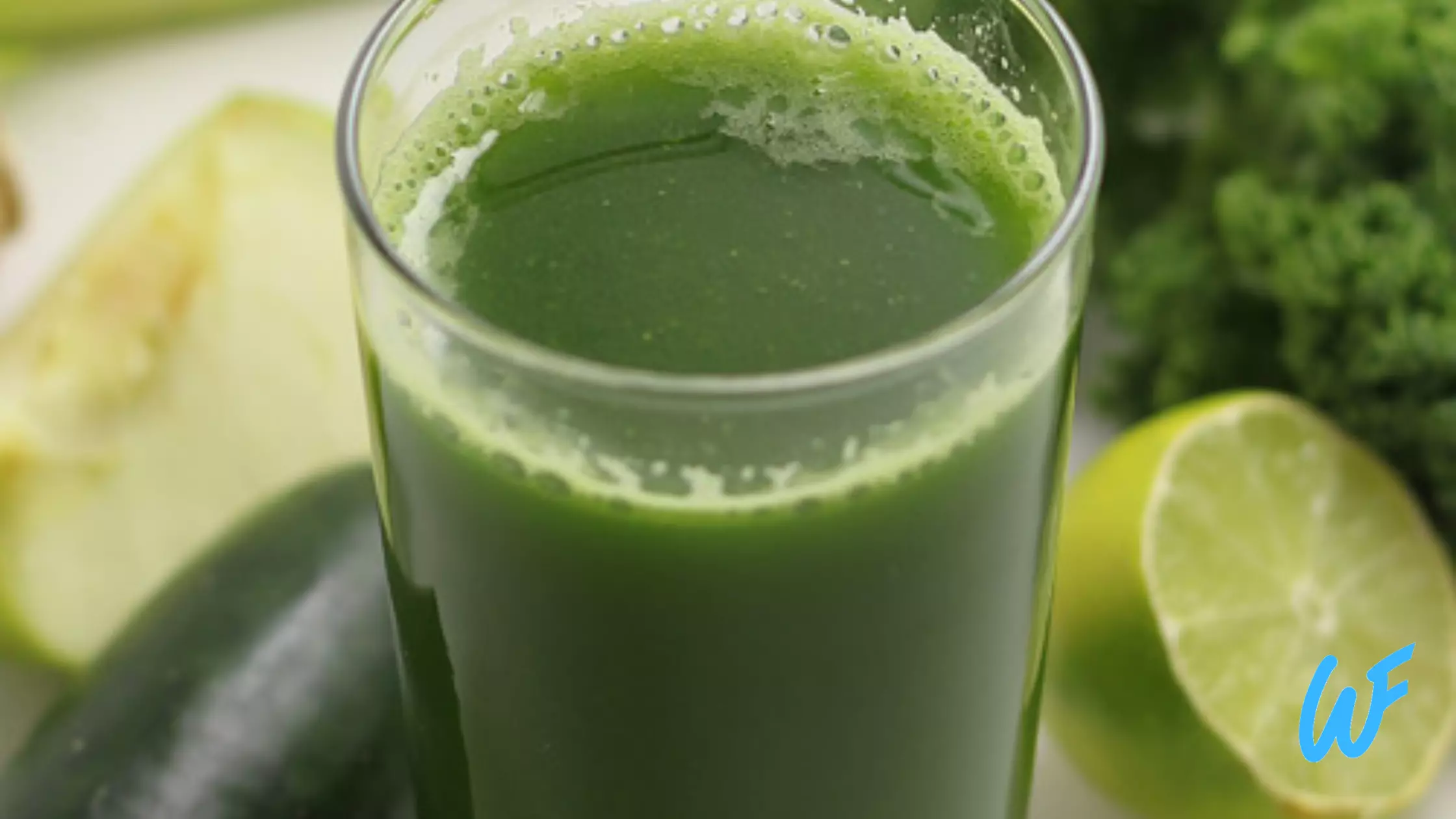
Vegetable Juice
Vegetable juice can be an excellent addition to an Indian weight loss plan. It provides essential nutrients while being low in calories and fat. It can aid in hydration, promote digestion, and support overall well-being.
INGREDIENTS
- Assorted vegetables (carrots, cucumbers, tomatoes, spinach, beets, celery, etc.)
- 1 lemon
- Water (optional, for adjusting consistency)
- Pinch of black salt (optional, for flavor)
INSTRUCTIONS
Wash and Prepare Vegetables: Wash all the vegetables thoroughly under running water. Peel and chop them into small pieces for easier juicing.
Juice the Vegetables: Using a juicer or a high-powered blender, start juicing the chopped vegetables. If using a blender, blend the vegetables until smooth, and then strain the juice through a fine mesh strainer or a nut milk bag to remove any pulp.
Add Lemon Juice: Squeeze the juice of one lemon into the vegetable juice. Lemon adds a tangy flavor and helps enhance the taste of the vegetables.
Adjust Consistency (Optional): If the juice is too thick for your liking, you can add a little water to achieve the desired consistency.
Add Black Salt (Optional): For added flavor, you can sprinkle a pinch of black salt into the juice. Black salt has a unique taste and is commonly used in Indian cuisine.
Serve Chilled: Pour the vegetable juice into glasses and serve it chilled for a refreshing experience.
TIPS
Use a Variety of Vegetables: Mix different vegetables to get a diverse range of nutrients and flavors in your juice.
Go Easy on High-Sugar Vegetables: While some sweet vegetables like carrots and beets are nutritious, be mindful of their sugar content, especially if you are aiming for weight loss.
Avoid Adding Sugar: To keep the vegetable juice low in calories, avoid adding any sweeteners or sugar.
Limit Straining: While straining the juice removes pulp, it also eliminates some fiber content. Consider including some pulp in your juice for added fiber and better satiety.
Avoid Using Too Much Salt: Use salt sparingly or opt for healthier alternatives like black salt or Himalayan pink salt.
Drink Fresh: Consume vegetable juice as soon as possible after making it to preserve its nutritional content.
Balance with Whole Vegetables: While vegetable juice is beneficial, it’s essential to include whole vegetables in your diet as well to ensure you get enough fiber.
Monitor Portion Size: Though vegetable juice is healthy, excessive consumption may lead to an excess of certain nutrients. Drink it in moderation and as part of a balanced diet.
NUTRITION VALUE
- Calories: 25-50 calories
- Carbohydrates: 5-10 grams
- Protein: 1-2 grams
- Fat: 0 grams
- Fiber: 2-4 grams














